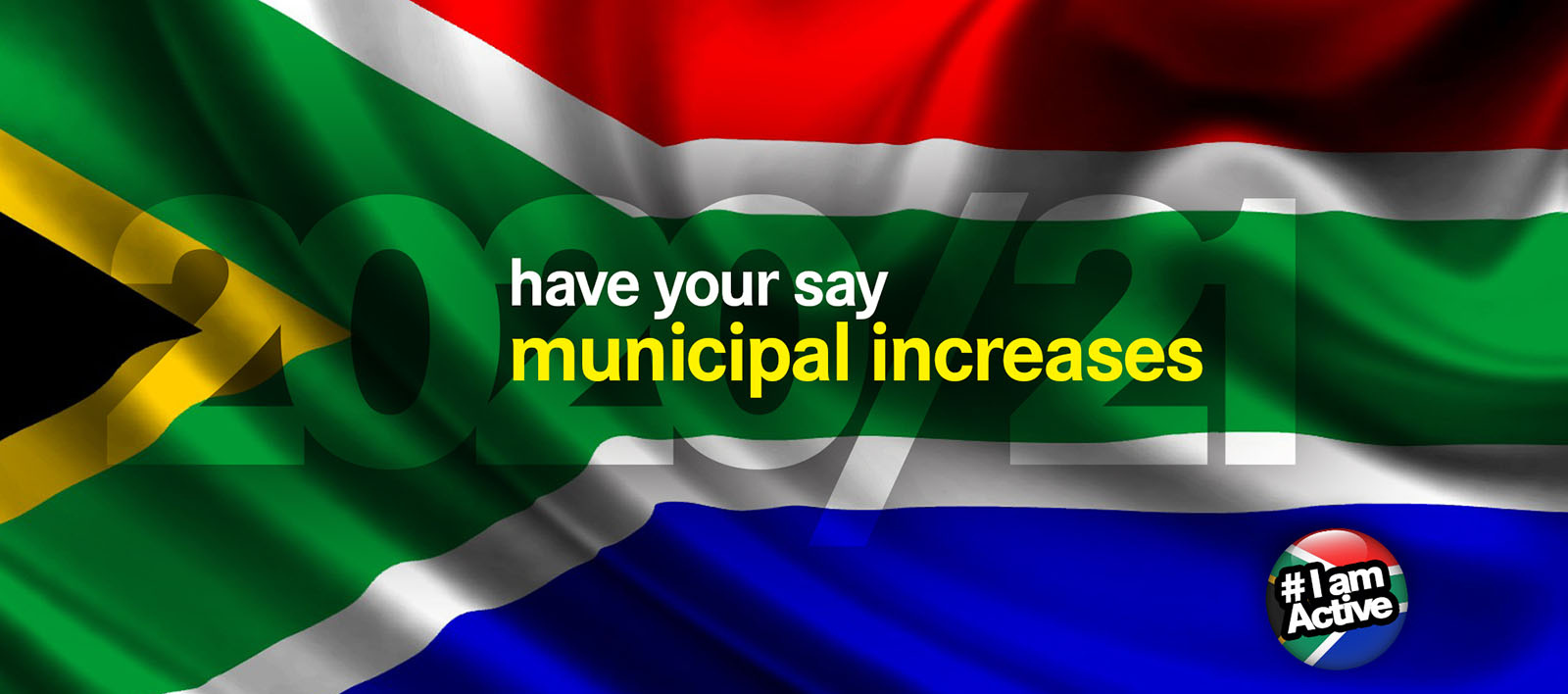
DearSA takes notes of the fact that the City of Joburg has decided to reduce the proposed increases in property, water and electricity tariffs after considerable public outrage from Joburg City residents.
Here’s what the City eventually agreed, after a vigorous campaign by DearSA and other civic groups:
- Property tariffs will go up 4% instead of the proposed 4.9%
- Water tariffs will go up 6.6% instead of 8.6%
- Electricity tariffs will go up 6.23% instead of 8.10%.
This will not satisfy many city residents who believe the City should have dropped tariffs – rather than offer a slightly lower increase – in light of the Covid economic crash, which has resulted in an estimated eight out of 10 South Africans experiencing a reduction in income.
The fact that Joburg City backtracked (somewhat) on its proposed tariff increases is due in no small measure to the public campaign run by DearSA, which brought this to the public’s attention.
Around 14,000 DearSA municipal campaign participants demonstrated the power of participative democracy, and what can be done when citizens are mobilised. But we cannot let it rest there.
There are 257 municipalities in South Africa, and very few of them garner the attention that Joburg City did. Only 18 of the 257 received clean audits from the Auditor General (AG), compared with 33 in the previous year. Irregular expenditure across all municipalities came to a staggering R32 billion. Some 91% of municipalities did not comply with legislation.
Municipalities are back-sliding at an alarming rate.
Some of the worst-managed municipalities are in far-flung dorpies where few people pay much attention to their dismal financial management or the quality of the services they deliver. We recently learned that Steve Tshwete Municipality in Mpumalanga gave its municipal manager a 48% annual increase in the midst of a lockdown. The six senior managers of Steve Tshwete Municipality voted themselves an average 16.8% increase.
It’s time to change that. We need to pay far greater attention to the budgets of the 257 municipalities around the country. Councillors are awarding themselves inflation-plus increases in complete disregard for the ability of residents to pay. They must be held to account.
Some municipalities – such as Ekurhuleni – are showing some sensitivity to the plight of their residents by holding rates and taxes increases to 0%, and freezing electricity tariff increases for the poor. That said, the 4% salary increase for councillors is concerning given that between 150,000 and 200,000 residents in the municipal area are reckoned to have lost their jobs.
Ekurhukeni, however, is better managed than most. To get a sense of how awful municipal management is we need look no further than the AG’s 2019 municipal audit report, which suggests 60% of revenue reflected on the books of municipalities will never be paid. There has been a growing trend of individuals and established businesses showing signs of a diminishing ability to pay for services, or simply refusing to pay.
The AG report tells a disturbing story of most municipalities “crippled by debt and being unable to pay for water and electricity; inaccurate and lacklustre revenue collection; expenditure that is unauthorised, irregular, fruitless and wasteful; and a high dependence on grants and assistance from national government”.
While the AG has now received enhanced powers to investigate material irregularities in all public entities and refer complaints to law enforcement bodies, greater citizen engagement at local government level is essential to combat the rot that has gripped municipalities.
This will also assist the AG in doing its job. Once material irregularities have been reported to law enforcement and no action is taken by the stipulated date, the AG must take action itself and instruct the accounting officer at the public entity to quantify and recover the loss.
If that fails, the AG must issue a certificate of debt to the accounting officer or the relevant accounting authority. It then falls to the minister or other executive authority to recover the loss.
It’s time for citizens to stand up and make their voices heard. Especially, though not only, at local government level.
DearSA will be keeping a beady eye on this sector of our governance and will alert you to key developments around the country. This is where some of the worst and most toxic corruption is taking place. It has to be stopped if we are to have a proper and functioning democracy.

